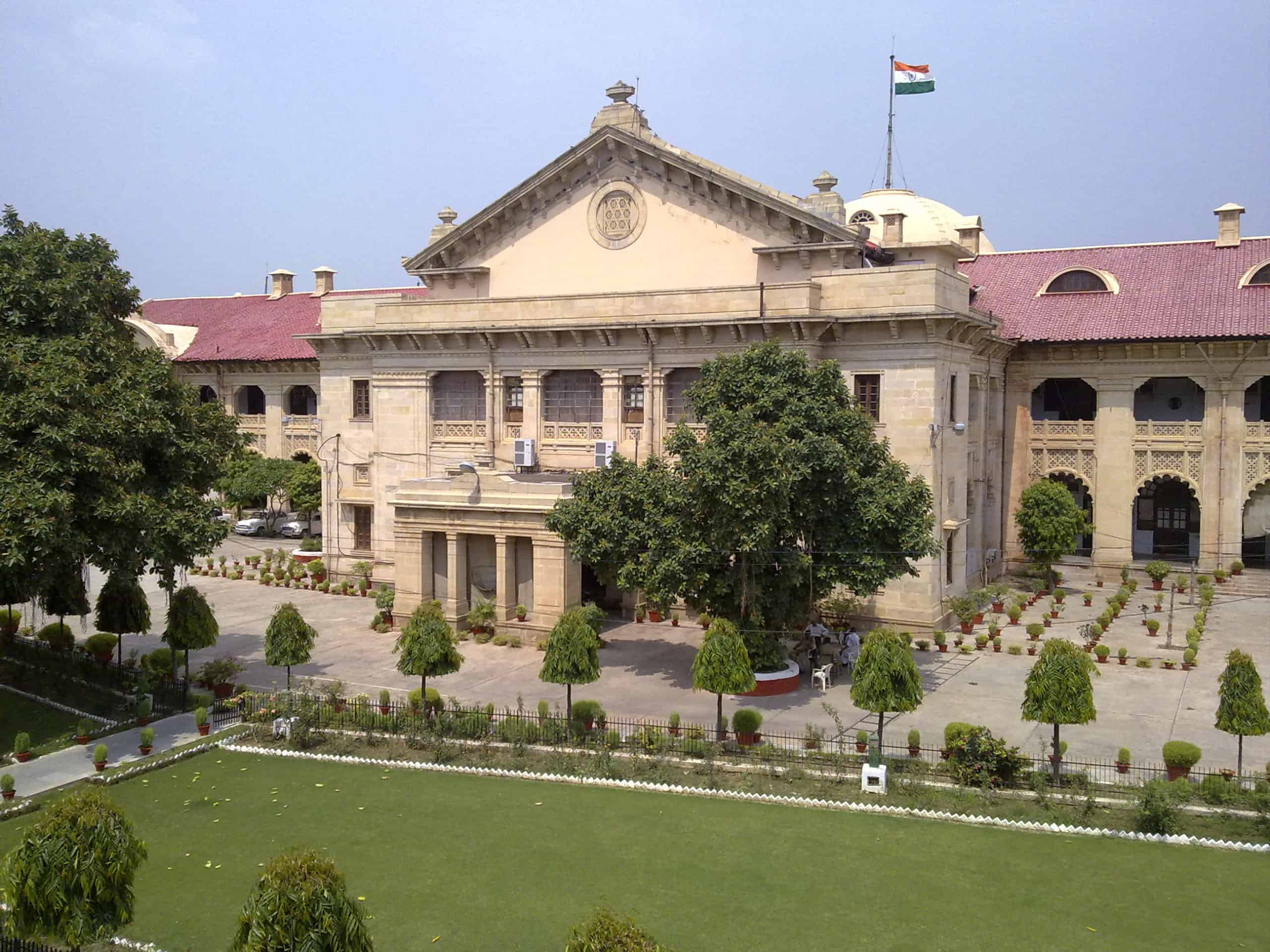The Supreme Court has emphasised the need for maintaining a balance between development and environment, and said it would hear a matter relating to the Shimla Development Plan on August 11.
The Himachal Pradesh government notified the draft Shimla Development Plan last month to regulate construction activities there.
A plea pertaining to the issue came up for hearing before a bench of Justices BR Gavai and JB Pardiwala on Friday.
The bench said it would examine the plan, keeping in view that a balance needs to be maintained between development and environment.
It listed the matter for hearing on August 11.
The top court was hearing a plea arising out of a November 2017 order of the National Green Tribunal (NGT), which had passed a slew of directions while noting that unplanned and indiscriminate development in the core, non-core, green and rural areas within the Shimla planning area had given rise to serious environmental and ecological concerns.
The plan was approved by the previous state government in February 2022, but it did not materialise as the NGT had passed stay orders, terming it illegal and in conflict with earlier orders passed in 2017 to regulate haphazard constructions in Shimla.
On May 3 this year, the top court was informed that on account of the directions issued by the NGT, the final development plan, which was at the stage of “draft notification”, could not be published.
The state had informed the top court that 97 objections were received to the draft development plan.
“In light of the facts and circumstances of these cases, we find that it will be appropriate that the state government decides on the objections received to the draft development plan and after considering the same, issue a final development plan,” the court had said in its May 3 order.
“We, therefore, direct the state of Himachal Pradesh to consider the objections to the draft development plan, decide on them and publish the final development plan within a period of six weeks from today,” it had said.
The top court had clarified that once the final development plan is published, it would not be implemented for a period of one month from the date of its publication.
The plan named “Vision 2041”, when implemented, would pave the way for construction in 17 green belts with certain restrictions and also in the core area where construction activity was banned by the NGT.
Detailed guidelines regarding the number of stories, parking, attic and height of structures have been mentioned in the plan and it has been clearly stated that felling trees would not be permitted in the green areas.
The state government has already decided to declare the attic as a habitable area and increase its height to 3.5 metres.
Construction of one storey with a habitable attic would be permissible in the 17 green belts. Two stories with a habitable attic and parking in core areas and three stories with parking and a habitable attic in non-core areas would also be permissible.
A total of 22,450 hectares were taken into account for revision and formulation of the development plan that includes the Municipal Corporation, Shimla, the Special Area Development Authorities of Kufri, Shoghi and Ghanahatti Special Area and Additional Shimla Planning Area and additional villages.
The plan, among other things, proposes developing Jubbarhatti and Ghandal as activity-based counter-magnet towns with a provision for adequate urban amenities, such as for education, health, trade and commerce.
According to the plan, satellite townships have to be developed in Ghandal, Fagu, Naldehra and the Chamiyana area, near the four-lane bypass, to decongest the core area and cope with more population and commercial activities.
Source Link



